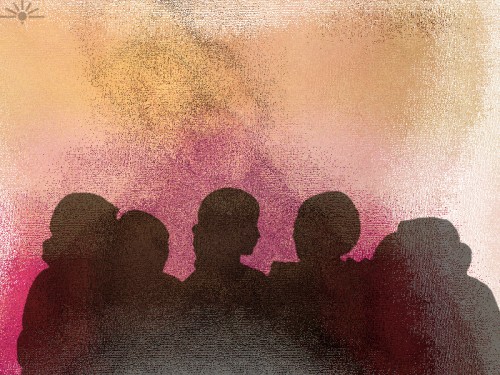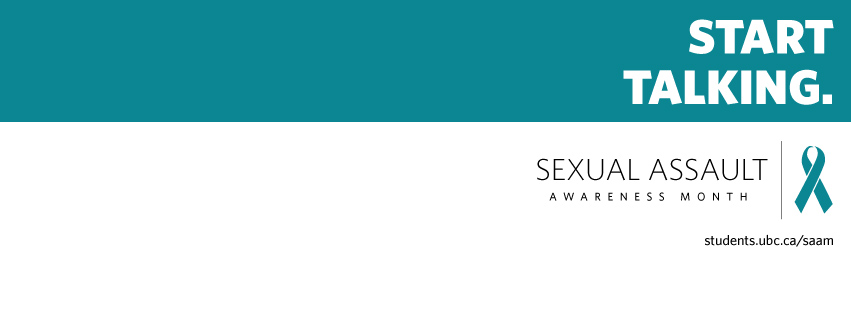Post by Hannah Barath, Access & Diversity Co-op Student Assistant
It’s strange to be in Totem Park Ballroom for the first time in over two years. The reason I’m back is to see a presentation called “Can I Kiss You?” byMike Dormitz. Travelling all across North America, he has done this presentation for audiences in middle schools to universities, and even in the US Military. The overarching theme of this presentation is consent, which is discussed alongside bystander intervention techniques, sexual assault awareness and personal responsibility.
The presentation starts by exploring why it is important that consent, which is the voluntary and enthusiastic agreement to sexual activity of any kind, is verbal. As Dormitz says, in intimate (and other) situations we often rely on body language and other nonverbal cues to be trustworthy indicators of what other people are thinking. Although this mode of communication is one that we use a lot, it is also very often misinterpreted. Any sexual activity, from kissing to intercourse and everything in between, that is not consented between partners classifies as sexual assault. Since body language is so often misinterpreted, communicating verbally is the best way to ensure that consent is present.
Throughout the “Can I Kiss You?” presentation it was emphasized that people of any gender and sexual orientation can be sexually assaulted. Although it could happen to anyone, I think it is important to recognize that the vast majority of people who experience sexualized violence are women and LGBTTQI folks. In a society where shaming, victim-blaming and silencing are common responses to survivors of sexual assault, it is great to see that the focus of this presentation is on the responsibility and accountability of perpetrators and bystanders is emphasized and addressed. By using humor to dismantle ingrained notions of why we rarely get consent verbally, or intervene in situations where we see someone being “taken advantage of,” everyone in the room realized that we have been socialized to not react in these particular situations. As Domitz explores, it is always the responsibility of the person initiating intimacy or any sexual activity to check that consent is present. By practicing consent in our everyday life, and intervening if we see a nonconsensual sexual situation, we can impact both individual lives and the culture around these issues.
Although people who are intoxicated or otherwise unable to make informed decisions cannot give consent, it is common to see people “hooking up” at parties. If someone who is less or not at all influenced takes advantage of the fact that another person’s judgment is clouded, they are sexually assaulting that person. This is a fairly common scenario, and it can be difficult to know how to intervene or realizing that we have a responsibility to do so. In response to this Dormitz shared some concrete steps and actions to use when intervening, the first being to identify the situation. Once you’ve done this, check in on the person, by yourself or with a group of friends. When intervening, stay calm and focus on preventing a potential sexual assault in a manner that is safe for everyone involved. By giving people clear guidelines on what to do it becomes easier as a bystander to recognize and do something next time one sees a similar situation.
Mike Dormitz’s “Can I Kiss You?” is an engaging and informative presentation that opens up really important conversations around consent, sexual assault, and personal responsibility. Hopefully it will spur more individuals to think more about what they can do to reduce sexualized violence and learn more about consent, and that those in attendance will pass on what they learnt to their peers. If you missed out on this event you can get Dormitz’s book “May I Kiss You?” There are also many local resources, you can attend a Really? workshop or find lots of resources for survivors, those supporting a survivor or those who are just interested in learning more at the AMS Sexual Assault Support Centre.


 January is Sexual Assault Awareness Month at UBC.
January is Sexual Assault Awareness Month at UBC.